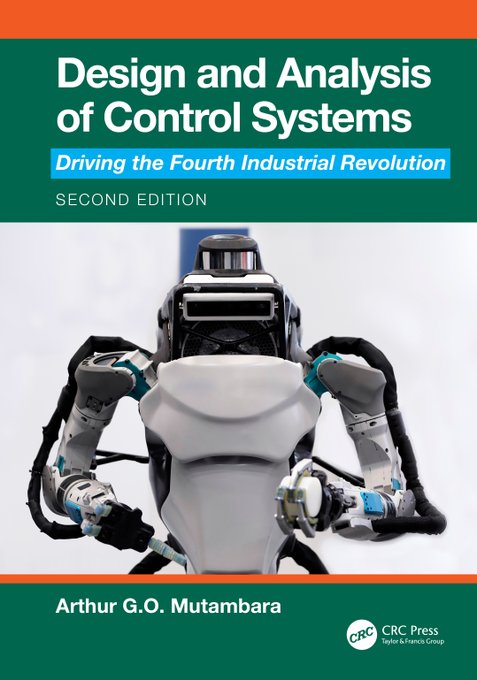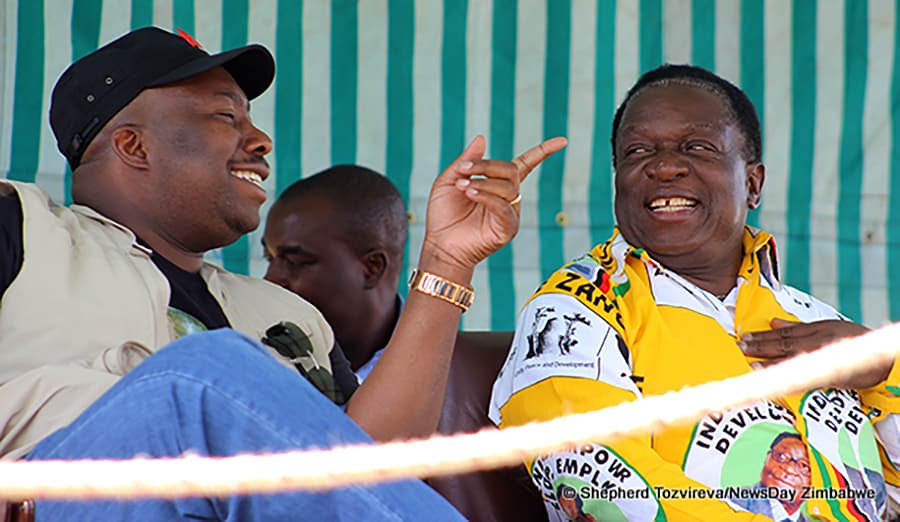The report of former South African President Kgalema Motlanthe led commission which inquired on the post elections violence on August 1 which led to killings of six civilians has finally made its way to the public.
The report making rounds on social media, being attributed to the commission has made some recommendations regarding to the country’s governance, among them it indirectly fingers President Emmerson Mnangagwa’s government for failing to uphold the constitution as well as warning the military to stop meddling in politics.
On security sector reform the reports recommends the army to stop meddling in the country’s political affairs.
Other issues outlined:
“The role of the Military in political affairs of the state has increased or has become overt in recent years. Security sector reform must define the new administration’s intention to reform and democratize the state.
“The Commission of Inquiry is an important first step as it has exposed the entrenchment of the military in the politics of the country. Best practice in security reforms includes making the security sector answerable to the Parliament of Zimbabwe.
“Parliament must be accorded powers to confirm declaration of war and invite the military to hearings where necessary.
Among other policy recommendations the return and adherence to constitutionalism
“The challenges bedeviling the country largely emanate from poor adherence to constitutionalism, if any. To this end, it is critical that citizens are a pivotal part of this adherence through intense constitutional awareness. Furthermore, alignment of laws to the constitution is fundamental to laying a firm ground to constitutionalism.
“Five years after adoption of the constitution, the majority of laws are still to be aligned.
“Any reform process must address the fear factor among citizens. Electoral processes in Zimbabwe, while largely timely and legal are held under highly contestable and unfree and unfair political environments.
“Systematic manipulation of electoral processes in Zimbabwe is well documented and continues to hinder effective participation of citizens in electoral processes.
“Major tools of systematic manipulation of elections in Zimbabwe consist of intimidation, vote buying, traditional leaders, abuse of state media, misuse of state resources and the security sector.
“Does Zimbabwe’s legal framework facilitate systematic manipulation of electoral processes? The legal framework provides Independence of ZEC through the constitution but is undermined in the enabling framework particularly sections 9, 12, and 192(6) which subordinate the electoral commission to the executive arm of government.
“Election administration in darkness breeds mistrust Election administration in particular results transmission need to be conducted in a transparent, verifiable, and accountable manner.
“While the process itself and the time frame are clearly laid out and in order, there are several dark spaces limiting stakeholder access particularly the collation and announcement process.”














